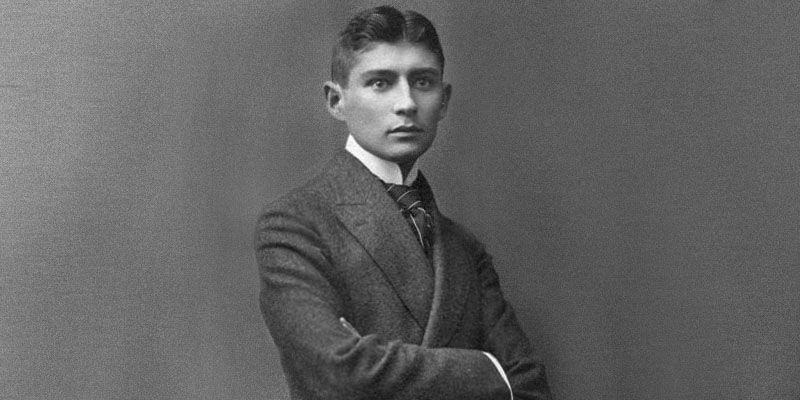Biblical Roots
- Solomon K.

- Aug 28, 2024
- 3 min read
Some historians, famously Graetz who we mentioned earlier, could only think in terms of Messianic hope, some sort of nationalistic hope. If we followed such approaches, the Maccabbean revolt in the 2nd century BC could be messianic.
That is problematic, to say the least, because there was no Maccabbean messianic figure, there was no Messiah. Not only that, the leaders were not exactly kings, and they definitely were not Davidic.

The Maccabean example shows us how a late alternative definition of messianism throws off the whole progression of tracking an idea to its origins and developmental stages.
We don’t want to be too strict to the literal use of the word ‘messiah’, but we should follow the word itself to see where it leads us.
The Word
Finally, we open the Bible. We find an etymological thread. The root word מש”ח is a verb that means to wipe or spread an ointment or a paste, more specifically oil. In modern Hebrew we derive the word ‘paste’ or ‘ointment’ from this root - mishcha.
In the Bible we find the words “shemen mishcha’ in the context of the priestly rituals in the holy sanctuary. See Exodus 25:6 “Oil for the light, spices for anointing oil (shemen ha’mischa) and aromatic incense…” or Amos 6:6 “That drink wine in sacrificial bowls and anoint themselves with the finest ointments, but they are not grieved for the ruin of Joseph”, and Isaiah 21:5 “They are setting the table, spreading the carpet, to eat, to drink, arise lords and anoint the shield”.
These examples show how the word oil/ointment becomes associated with oil, and then becomes an act of ritual of sorts. As a ritual, the oil and the word itself took on a more specific association, from anointing ritualistically, to the particular roles of those being anointed - mostly priest and king, perhaps prophet as well.
Later the verb serves also as an adjective and a noun - the one who is anointed. For example, Numbers 3:3, “These are the names of the sons of Aharon the anointed priests whose hands were ordained for priesthood”, or 1 Samuel 24:7 where David speaks of Sual, “He said to his men, ‘G-d forbid that I should do such a thing to my lord, G-d’s anointed one, to raise my hand against him, for he is the anointed of G-d’”.
This is used also for Koresh, the Persian king, who releases Judeans to return to the land and build, Isaiah 45:1 “Thus said the LORD to His anointed one to Koresh…” And this use is in Daniel 9:27 in regards to one “until the anointed ruler… and the anointed one will be cut off and be no more…”, or in Lamentations 4:20, “The breath of our life, the LORD’s anointed one, was captured in their traps, he in whose shade we thought to live among the nations”.
Remember to think of the development of the word itself, of the usage. The variety of usage throughout the Bible is hard to track in one agreed upon method, but if you look just at the stages of the word itself there is a track to the forms, which is easy enough to follow. The examples above show the development itself, you see the word starting to change in how it is used.
It is simple enough here to discern how the variety of the forms of the root word developed from one to another.

Finally, the word is used in the Bible primarily for David himself, or the memory of, or legend of David, or any heir to David, the line of David. First it was just a verb wiping oil, then it became the anointing ritual, and then an adjective and noun of those who are anointed, including kings, but eventually specifically, though not exclusively with the line of David or legend thereof.
Beyond the Bible, the word becomes Messiah as in the legendary Davidic apocalyptic redeemer of Israel. Beyond that, in Christianity for example it becomes a name, the name of Jesus. This starts to happen also in the Chabad messianic movement - moshiach, almost as his name.
There is also messianism, building off of the classic Messiah idea and figure, in different directions: In mystical traditions we see a sort of messianism, not the particular figure, but a general spiritualistic, everyone as a messiah, and delegation of the messianic spirit, it is a spiritual practice. Messianism is a word from modern times, which could refer to just about anything - utopianism, radicalism, egoism, metaphysics.




Comments